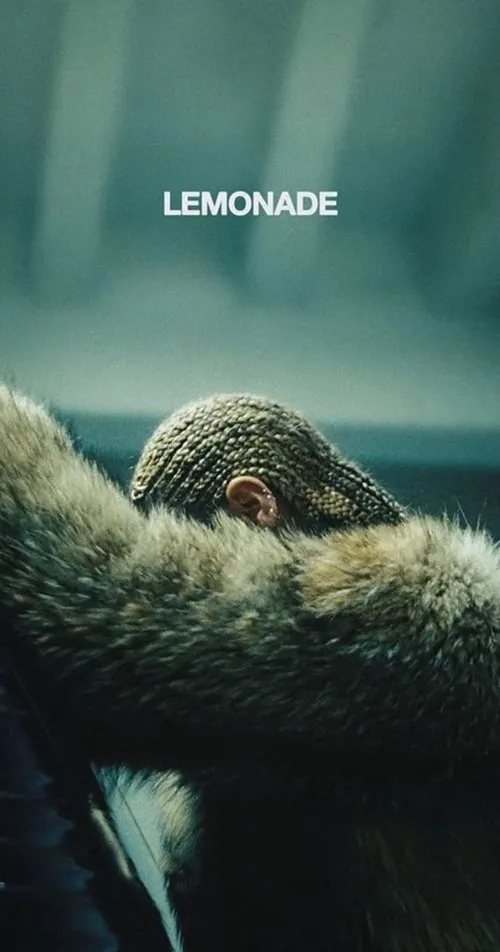Lemonade

Plot
Lemonade, Beyoncé's magnum opus visual album, defies categorization as it seamlessly weaves together themes of love, loss, betrayal, and female empowerment. This cinematic masterpiece not only showcases Beyoncé's boundless talent as a singer, actress, and filmmaker but also offers a scathing critique of the societal ills that plague modern society, including racism, misogyny, and the objectification of women. The film begins with a slow-burning introduction, set against the backdrop of a rural Louisiana landscape. The imagery is stark, the colors muted, and the mood somber. We see Beyoncé's alter ego, a figure whose face is veiled, wandering through the deserted streets, singing a haunting rendition of "Pray You Catch Me." This opening track sets the tone for the rest of the film, which is marked by an ongoing struggle between light and darkness, hope and despair. As the album progresses, we are introduced to a narrative that spans multiple storylines, each one intertwined with the others through the web of relationships, desire, and heartache. We see scenes of a troubled marriage, of a cheating husband, and of a wife driven to the edge by jealousy and desperation. These scenes are juxtaposed with images of Black women, past and present, who have been marginalized, brutalized, and silenced. From the gruesome lynching of Emmett Till to the more contemporary struggles of Black Lives Matter activists, Lemonade shines a piercing light on the systemic injustices that have come to define America. Beyoncé's performance in Lemonade is nothing short of breathtaking. She embodies her alter ego with a fierce conviction, channeling the fury and vulnerability of her characters with uncanny precision. But Lemonade is more than just a showcase for Beyoncé's talents; it is a powerful statement of solidarity and defiance. By centering the voices and experiences of Black women, Beyoncé offers a radical challenge to the dominant narratives that have long ignored their stories and their struggles. Throughout the album, we find echoes of historical events and cultural touchstones, from the imagery of the Civil Rights movement to the iconography of Frida Kahlo's paintings. Beyoncé borrows and subverts these images to create a world that is both familiar and strange, a world in which myth and reality blur and intersect. And at the center of this world, we find Beyoncé, her face a map of scars and tattoos, her body a battleground of love and war. One of the most striking aspects of Lemonade is its use of imagery and symbolism. Each scene is carefully crafted to convey a specific meaning or mood, from the haunting beauty of the "Sorry" video, which features Beyoncé surrounded by a chorus line of Black women, all of whom are dressed in the same outfit and performing the same choreography, to the searing critique of racism and misogyny that unfolds in "Daddy Lessons," a scene in which Beyoncé plays a rodeo queen who is both celebrated and brutalized by the white men around her. If Lemonade is a critique of the society in which we live, it is also a testament to the power of art to transform and transcend that society. By turning her gaze inward and outward, Beyoncé reminds us that our struggles are not isolated or individual but are part of a larger web of human experience. And it is in this web that we find our freedom, our strength, and our beauty. In the end, Lemonade is a film that defies easy categories or interpretations. It is a film that resists summary or reduction, a film that insists on being felt and experienced rather than understood or analyzed. And it is precisely this refusal to be contained, this refusal to be categorized or commodified, that makes Lemonade such a powerful and revolutionary work of art.
Reviews
Recommendations




